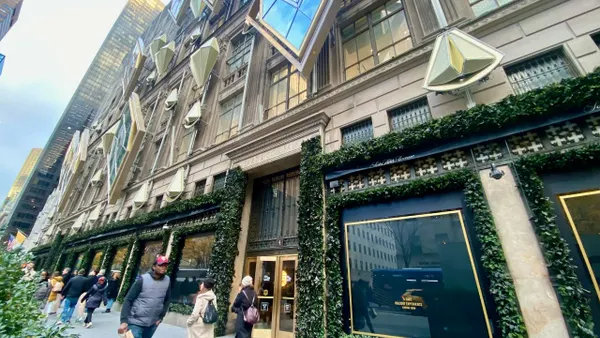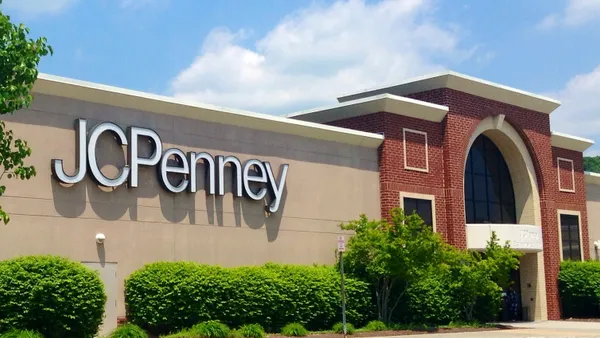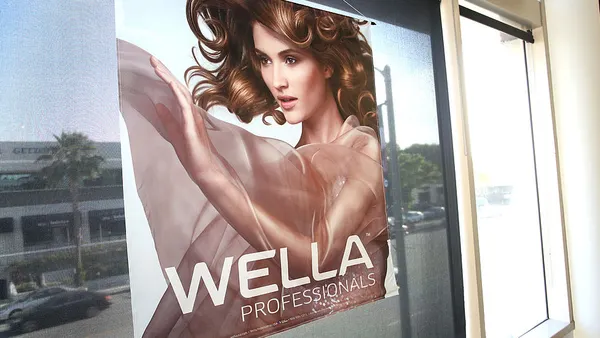Dive Brief:
-
Target CEO Brian Cornell on Friday dismissed the notion that he should have either Amazon or Walmart in his peripheral vision, telling CNBC's "Fast Money Halftime Report" ahead of the Super Bowl that he and his teams are focused on their own game plan. "What I worry about is our own execution," he said. "For us, the fourth quarter, it's our Super Bowl and our team performed really well. I certainly expect that momentum to carry on into 2018 … we're going to build on that and accelerate."
-
Cornell also deflected concerns about the retailer's grocery business, saying that he's comfortable depending less on food sales than rivals do because Target's apparel, home goods and essentials sales are strong and growing, and that its physical store and digital distribution is strengthening.
-
And he emphasized that Target's new tie-up with same-day delivery Shipt will expand nationwide, along with more store remodels and new store openings. "We're going to make it really easy for our shopper to interact with our brand any way they want," he said. "Now with Shipt — in a couple of hours, I'll put it right on your kitchen table."
Dive Insight:
Target last year took steps to improve its grocery offering, but so far Cornell has refused to hear many observers' calls for the category to play a significantly larger role in boosting sales and traffic. He reiterated that last week, saying, "I like the food business, but it's just one of many businesses," and added that he just doesn't see Target ever doing half its business in grocery, as Walmart does.
"They're a great competitor," he said of the retail giant. "But as most of you know a significant portion of their business is on the food side. We've had a much more balanced portfolio and it's one of the things that makes our company so unique. ... The difference is our 'expect more, pay less' positioning."
Holiday sales across the apparel, home, electronics, household essentials and food and beverage categories all grew, in every geography, he said. In addition to the rapid expansion of Shipt, where team "shoppers" pick out customers' orders, then make the home delivery, Cornell said the retailer will continue to remodel stores and open smaller ones in more urban markets like Chicago, Boston and New York. Last year the company revamped more than 110 units, and customers familiar with the new formats want them in their neighborhood locations, he said. Plans are to remodel at least 300 stores this year.
He didn’t provide any details around Shipt-enabled “delivery to the kitchen table,” but the idea is already being tried in a Walmart pilot and through Amazon’s Key service.
While Cornell was repeatedly pressed on whether Amazon or its hard-charging, highly experimental CEO Jeff Bezos "keep him up at night," he would only say that Target has its own plans for 2018, based on the $7 billion physical-and-digital overhaul he unveiled and began to execute last year. And that's just what he should do, suggests Forrester analyst Brendan Witcher, who believes that too many retailers and Wall Street analysts think Amazon should be a driver.
"Amazon has told a better story — Amazon has convinced the jury 'we are customer obsessed,'" he told Retail Dive in an interview. "The investor community doesn't have more patience with Amazon — it's that Amazon has proven that its commitment is important. Executive teams need to stop making excuses for not running their businesses the way they need to be run. They need to be customer obsessed and to do that they need to adjust their culture."














